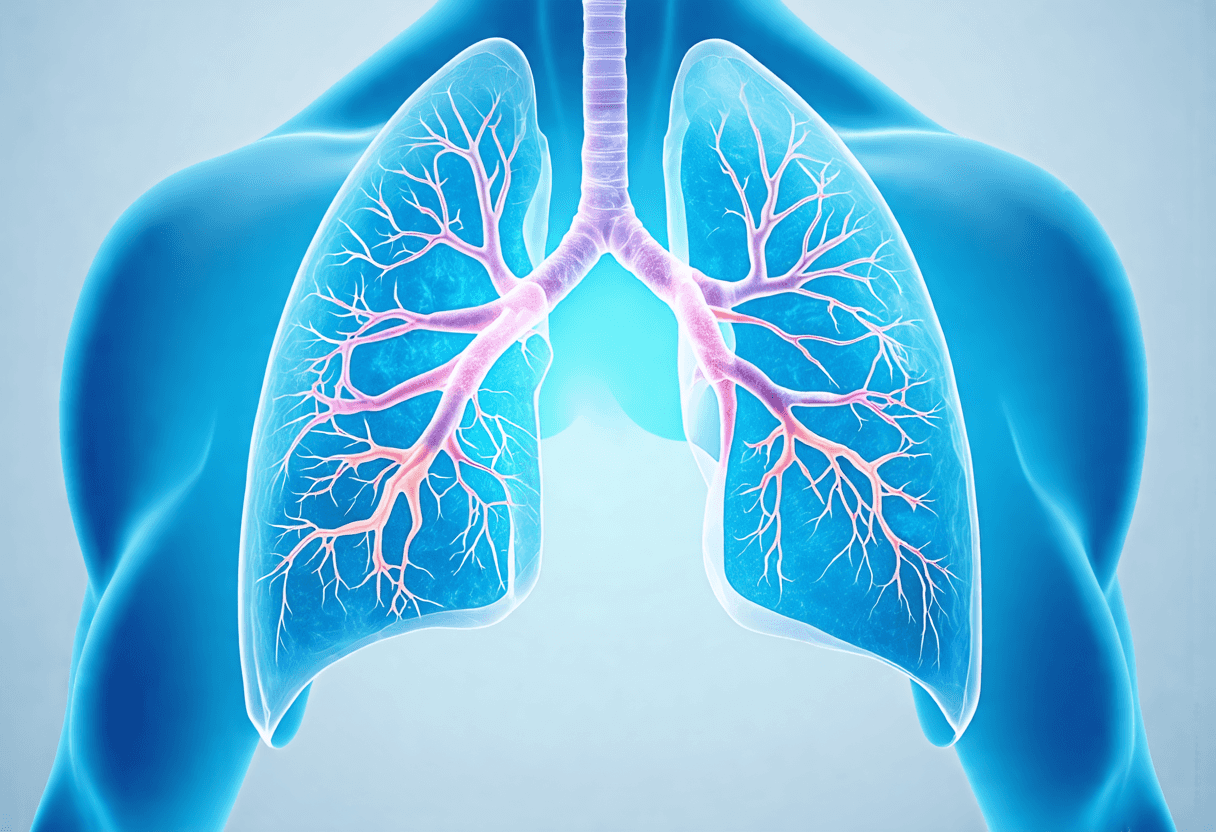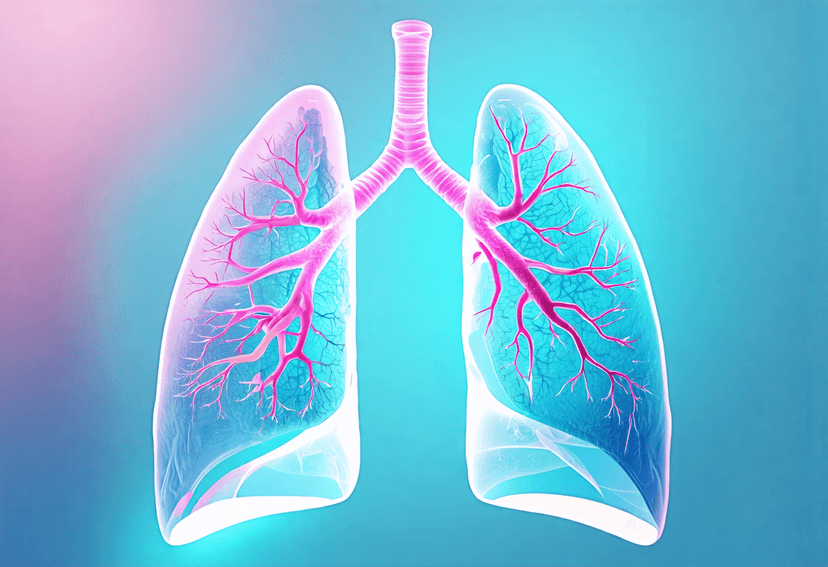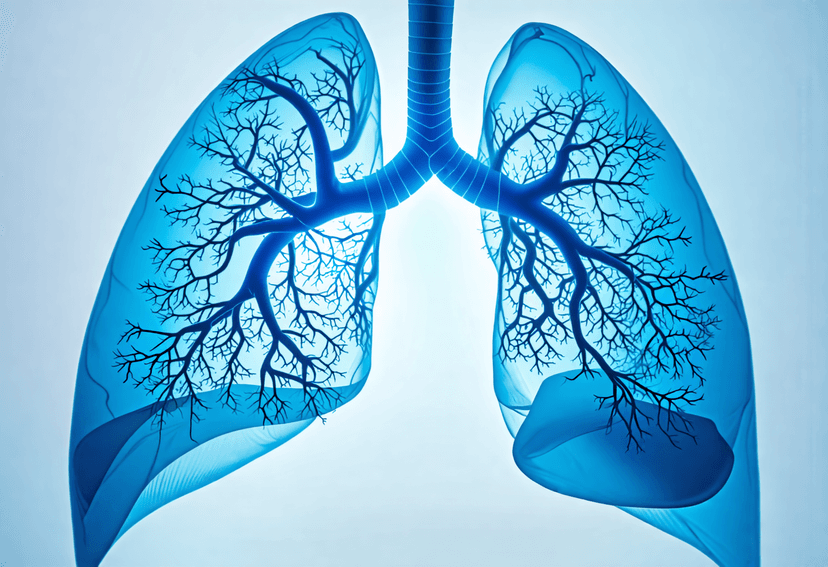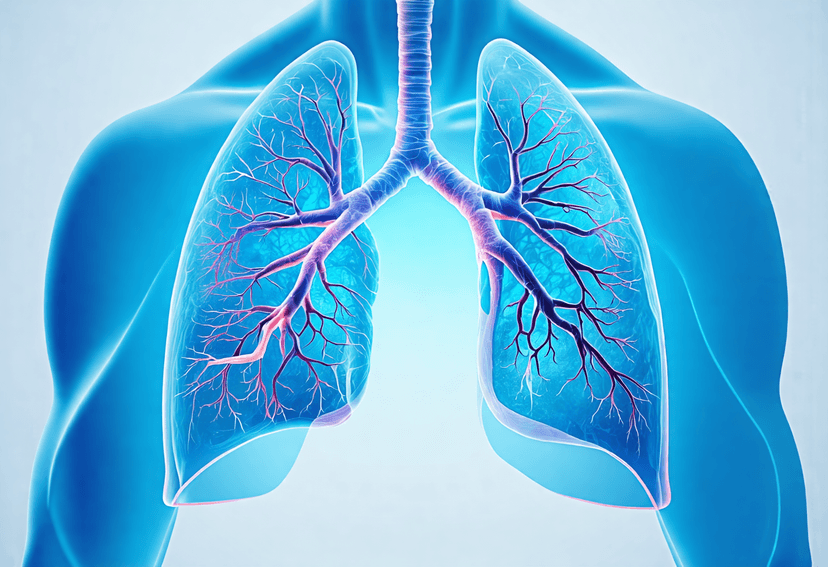
Lung Transplant and Osteoporosis: What to Know
15 Oct, 2024
 Healthtrip
HealthtripImagine waking up every morning, feeling like you can't catch your breath, like your lungs are on fire, and every step you take feels like a marathon. This is the reality for many people suffering from end-stage lung disease. A lung transplant can be a lifesaver, giving them a second chance at life. However, with this new lease on life comes a new set of challenges, including the risk of osteoporosis. In this blog, we'll delve into the connection between lung transplants and osteoporosis, and what you need to know to protect your bone health.
What is Osteoporosis?
Osteoporosis is a condition where the bones become weak and brittle, making them more prone to fractures. It's often referred to as a "silent disease" because it can progress without any noticeable symptoms until a fracture occurs. In the United States alone, osteoporosis affects over 54 million people, with 1 in 2 women and 1 in 4 men over the age of 50 experiencing an osteoporosis-related fracture in their lifetime.
Most popular procedures in India
Risk Factors for Osteoporosis
While osteoporosis can affect anyone, certain factors increase the risk of developing the condition. These include a family history of osteoporosis, being over 50, being female, having a small or thin frame, and having a history of fractures. Additionally, certain medications, such as steroids and anticonvulsants, can increase the risk of osteoporosis. Lung transplant patients, in particular, are at a higher risk due to the use of immunosuppressive medications, which can interfere with bone metabolism.
The Connection Between Lung Transplants and Osteoporosis
Studies have shown that lung transplant patients are at a higher risk of developing osteoporosis due to several factors. Firstly, the immunosuppressive medications used to prevent rejection of the new lung can interfere with bone metabolism, leading to a loss of bone density. Secondly, the underlying lung disease itself can cause inflammation, which can also contribute to bone loss. Finally, the physical inactivity associated with lung disease can further exacerbate the risk of osteoporosis.
Wellness Treatments
Give yourself the time to relax
Lowest Prices Guaranteed!

Lowest Prices Guaranteed!
Why is Osteoporosis a Concern for Lung Transplant Patients?
Osteoporosis is a significant concern for lung transplant patients because it can lead to debilitating fractures, which can negatively impact their quality of life. Fractures can also increase the risk of hospitalization, surgery, and even mortality. Furthermore, osteoporosis can make it more challenging for lung transplant patients to recover from surgery, as they may be more prone to complications such as respiratory failure and pneumonia.
Protecting Your Bone Health After a Lung Transplant
While the risk of osteoporosis is higher for lung transplant patients, there are steps you can take to protect your bone health. Firstly, it's essential to work with your healthcare team to manage your immunosuppressive medications and monitor your bone density regularly. A healthy diet rich in calcium and vitamin D, as well as regular exercise, such as weight-bearing activities, can also help to maintain strong bones. Additionally, avoiding smoking and limiting alcohol consumption can reduce the risk of osteoporosis.
Lifestyle Changes to Support Bone Health
Making lifestyle changes can go a long way in supporting bone health. This includes incorporating exercises that promote balance and coordination, such as tai chi or yoga, to reduce the risk of falls. It's also essential to get enough sleep and manage stress levels, as chronic stress can interfere with bone metabolism. Furthermore, staying hydrated and avoiding excessive caffeine and soda consumption can also support bone health.
The Importance of Early Detection and Treatment
Early detection and treatment of osteoporosis are crucial for lung transplant patients. A bone density test, such as a DEXA scan, can help to identify osteoporosis in its early stages, allowing for prompt treatment. Treatment options may include medications to increase bone density, as well as physical therapy to improve balance and strength.
In conclusion, while a lung transplant can be a lifesaver for those suffering from end-stage lung disease, it's essential to be aware of the risk of osteoporosis and take proactive steps to protect your bone health. By working with your healthcare team, making lifestyle changes, and staying vigilant about your bone health, you can reduce the risk of osteoporosis and live a healthier, happier life.
Related Blogs

Lung Transplant and Menopause: What to Expect
Find out what to expect if you experience menopause after

Lung Transplant and Fertility: What to Know
Understand the impact of lung transplant on fertility, including what

Lung Transplant and Breastfeeding: Is it Safe?
Learn about the safety of breastfeeding after a lung transplant,

Lung Transplant and Pregnancy: What to Expect
Find out what to expect if you become pregnant after

Lung Transplant and Rejection: What to Know
Understand the risk of rejection after a lung transplant, including

Lung Transplant and Infections: What to Watch For
Learn about the risk of infections after a lung transplant,










